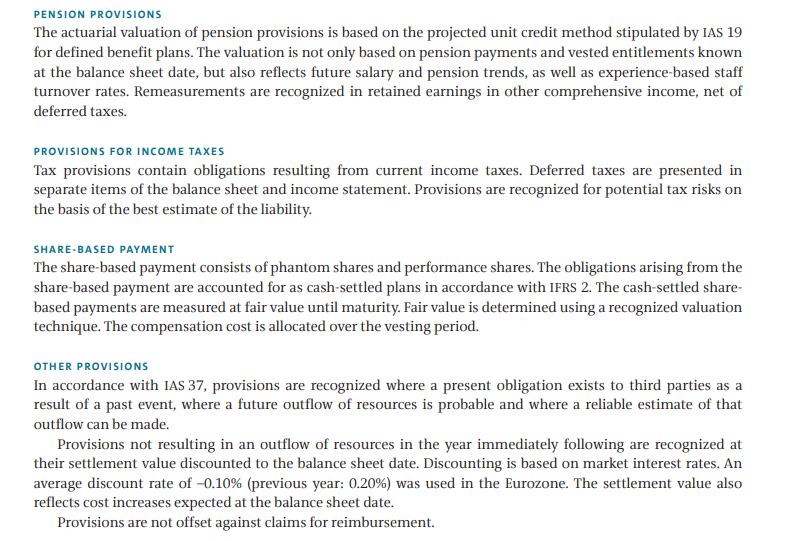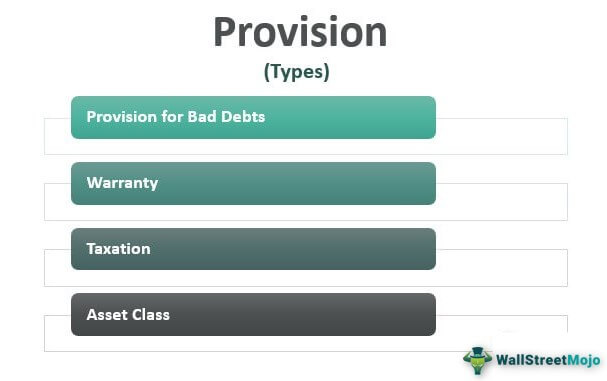An anti-dilution provision is an important concept for investors to understand in order to protect their investment. It is a legal agreement between a company and its investors that prevents the company from issuing additional shares of stock at a lower price than previous investors paid. This provision helps to protect the value of early investment by allowing investors to purchase additional stock at the same rate as later investors. Understanding anti-dilution provisions can help investors maximize their investments and protect their financial security.
What is an Anti-Dilution Provision and How Does it Work?

An anti-dilution provision is a clause in a financing agreement that protects an investor in the event that a company issues additional shares of stock at a lower price than the investor originally paid. This provision ensures that the investor’s equity stake in the company is not diluted. It essentially works by giving the investor the right to purchase additional shares of stock at the lower price so that their equity stake in the company remains the same. Anti-dilution provisions can also be used to prevent companies from issuing more shares at a lower price to dilute the value of existing shares. This can help protect the investor’s investment by preserving the value of their shares. Anti-dilution provisions are an important tool for investors looking to protect the value of their investments in a company.
The Benefits of Having an Anti-Dilution Provision

When you’re a shareholder in a company, one of the most important things to protect is your stake in the company. That’s where anti-dilution provisions come in. An anti-dilution provision is a legal clause that protects a shareholder’s investment in a company by limiting the effects of dilution. It gives a shareholder the right to more shares when additional shares are issued. This helps ensure that the shareholder’s percentage of ownership in the company doesn’t decrease as a result of future investments or additional shares being issued. Having an anti-dilution provision can be beneficial for a shareholder because it helps to protect the value of their investment in the company. It also gives the shareholder the ability to have more control over the company’s future and the potential for their investment to be worth more in the long run. If you’re an investor in a company, an anti-dilution provision can be an important way to ensure your investments are protected and to give you a greater degree of control over your investment.
How to Use an Anti-Dilution Provision to Avoid Plagiarism

Writing an original piece of content can be a challenge, and plagiarism is a real risk. To protect your content from being copied without authorization, you can use an anti-dilution provision. An anti-dilution provision is a contractual agreement between two parties that prevents either party from changing, altering, or replacing a copyrighted piece of content without the other party’s consent. By using an anti-dilution provision, you can keep your content safe from plagiarism and unauthorized use. An anti-dilution provision also helps protect your copyright from being shared without your permission. So, if you want to make sure your ideas and content remain original and protected, consider using an anti-dilution provision. It’s an easy and effective way to ensure your content is protected and remains yours!
How to Calculate the Impact of an Anti-Dilution Provision

A great way to protect yourself from dilution when investing in a startup is to include an anti-dilution provision in your agreement. This provision helps protect investors from having their ownership stake reduced in the event of a stock offering or other issuance of new shares. Knowing how to calculate the impact of an anti-dilution provision can help you make informed decisions when investing in a startup. There are two main types of anti-dilution provisions that can be added to an agreement: weighted average and full ratchet. The weighted average method takes into account the old and new share prices, while the full ratchet method sets the new share price to the lowest price of the new share issuance. Both methods can be used to adjust the investor’s ownership stake, so it’s important to understand how each works in order to make the best decision when investing in a startup.
Common Pitfalls of Anti-Dilution Provisions and How to Avoid Them

When negotiating an investment, the anti-dilution provision is an important piece of the puzzle. It protects your ownership stake in the company. But there are common pitfalls that can come with anti-dilution provisions. It’s important to know what they are and how to avoid them. The most common problem is that investors can get too aggressive with the anti-dilution provisions, leading to an overly restrictive agreement. This can lead to a company not being able to raise additional capital when needed, or not being able to provide investors with the returns they were expecting. Another common problem is that investors may not understand how the anti-dilution provisions work, leading to a misalignment of goals between the company and investors. To avoid these pitfalls, it’s important to understand the different types of anti-dilution provisions, and make sure that the agreement is fair for all parties involved. Make sure to consult with an experienced attorney to ensure that the provisions are properly understood and applied. Doing so can help ensure that your ownership stake is protected and that the company is able to raise capital when needed.



